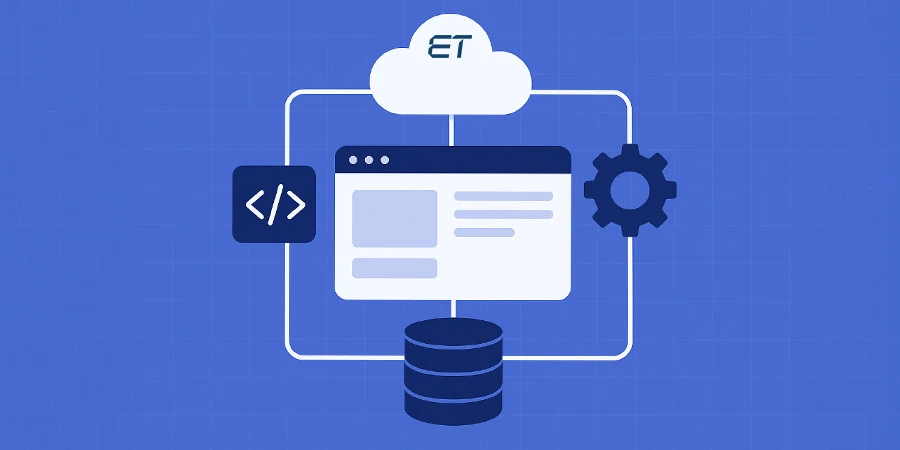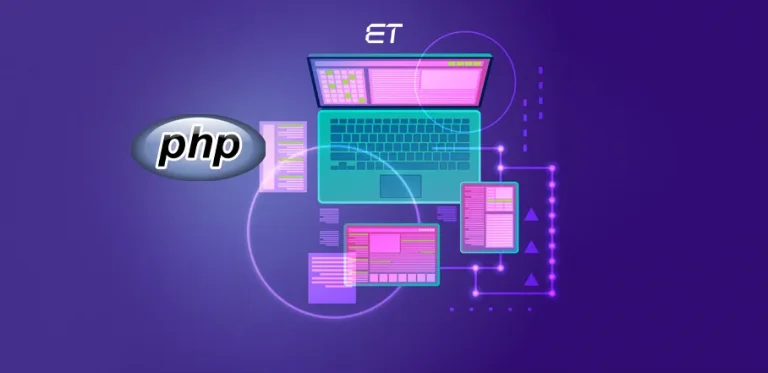
Top PHP Frameworks: Choose Perfect Fit for Your Business Needs
When building a robust web application, the tools you choose can make all the difference, and that’s a fact. With the right framework, you’re not just speeding up your app’s development time but also building a foundation for performance, scalability, and security that will establish trust within your customer base. Security features like cross-site request forgery (CSRF) protection are critical in PHP frameworks to safeguard applications from vulnerabilities.
But with so many frameworks available, how do you know which one is the right fit?
Choosing PHP framework isn’t just a technical decision; it’s a strategic move that impacts your team’s efficiency and your application’s long-term success.
In this blog, we’ll break down some of the top PHP frameworks available today, giving you the insights you need to select the right and the best one for your unique goals.
Let’s dive in and find the perfect framework to bring your project to life.
What are PHP Frameworks?
It is a platform that provides a structured approach to building PHP web applications. It offers a set of pre-built components, tools, and libraries that simplify the development process, making it faster and more efficient. By using PHP framework, developers can focus on the creative aspects of programming rather than repetitive tasks and rewriting code. This not only speeds up development but also ensures that the application is robust, scalable, and maintainable. PHP frameworks provide a solid foundation for creating PHP web applications, allowing developers to adhere to best practices and industry standards effortlessly.
Looking to bring your web ideas to life with dynamic, custom PHP solutions?
Why Use PHP Frameworks?
Before we dive into the details, let’s first understand why we should use a PHP frameworks.
- A PHP framework is a collection of pre-written code libraries, components, and tools designed to create PHP web applications.
- Framework provides developers with a structured foundation, saves time and ensures best practices, rather than building an application from scratch.
- The right PHP frameworks means faster development, improved code quality, and easier app maintenance.
- It also provides built-in security features, better organization, and easier scalability.
This is why choosing a reliable PHP frameworks has become essential for web development projects today.
Top 12 PHP Frameworks for Web Development
Now that you know why you should use PHP framework, let’s move on to the list of the top frameworks that you can use for your web app development. With a plethora of options out there, each PHP framework has its unique strengths, making some better suited for complex, enterprise-level projects than others.
Let’s take a glance at them below:
| PHP Frameworks | Ideal For |
| Laravel | Complex web applications |
| Symfony | High-performance, scalable applications |
| Laminas | Enterprise applications that demand high security and customization |
| Yii | High-traffic applications |
| CodeIgniter | Rapid application development and smaller projects |
| Phalcon | High-traffic applications |
| CakePHP | Fast development of prototypes and mid-sized applications |
| Aura | Modular and lightweight applications |
| Slim | Lightweight applications and RESTful APIs |
| FuelPHP | Complex and flexible applications |
| Neos Flow | Enterprise applications with CMS features |
| PHPixie | Smaller projects and applications |
1. Laravel
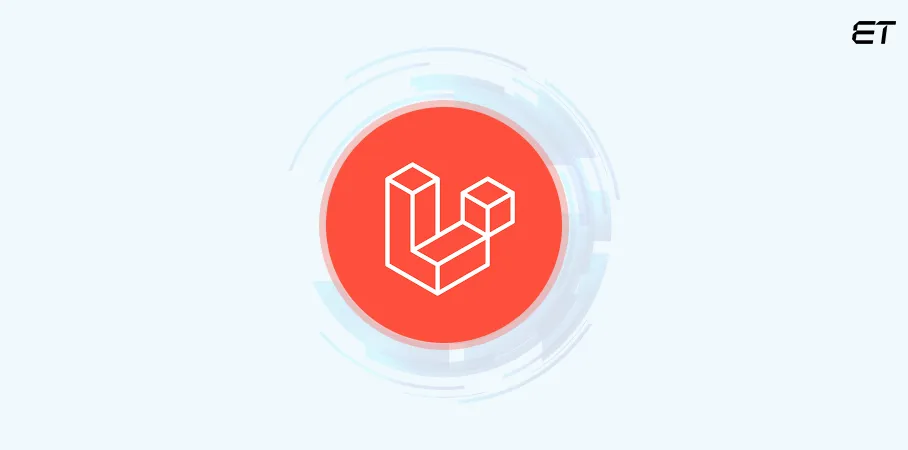
Laravel is one of the most popular and best PHP frameworks for enterprise-level web app development. It is known for its clean syntax, powerful tools, and developer-friendly features that make complex web projects manageable. Laravel includes Eloquent ORM for managing database data using object-oriented syntax, Blade templating for a seamless UI, and robust security features.
What is Laravel best for?
Laravel is one of the best PHP frameworks for complex web applications that need flexibility and easy maintenance.
What are the key features of Laravel?
Attributes of Laravel include:
- MVC architecture
- RESTful routing
- Built-in authentication
- Vast ecosystem of pre-built tools
- Provides full stack PHP framework
Want to build high-performing web applications? Discover how our experts turn your vision into reality!
2. Symfony
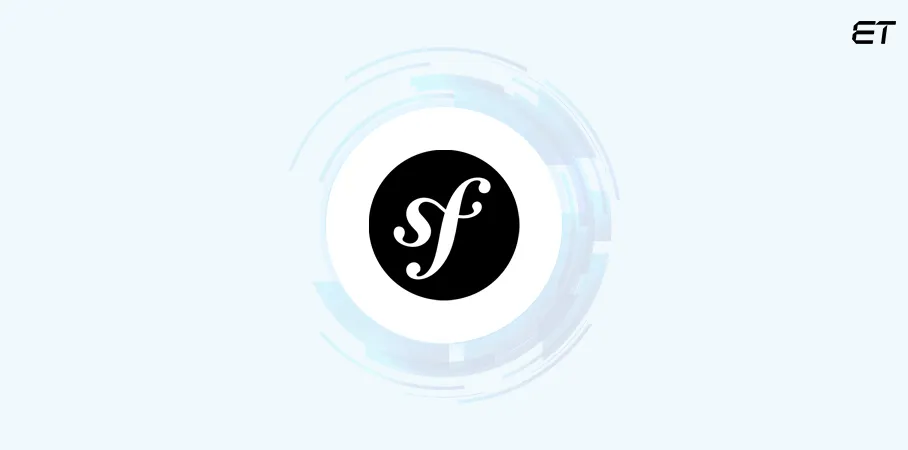
If your top priorities for an application are customization and scalability, Symfony would be one of the best PHP frameworks option for you to consider. Symfony is a framework known for its modular approach. It offers you a range of reusable components, making it ideal for enterprise applications that demand flexibility. Its robust security protocols and extensive community support make it a solid choice for large, mission-critical projects.
What is Symfony best for?
Symfony is best for high-performance, scalable applications with complex requirements as compared to other PHP frameworks.
What are the key features of Symfony?
Key features of Symfony include:
- Reusable components
- Database management
- Support for complex integrations
- Strong security measures
3. Laminas
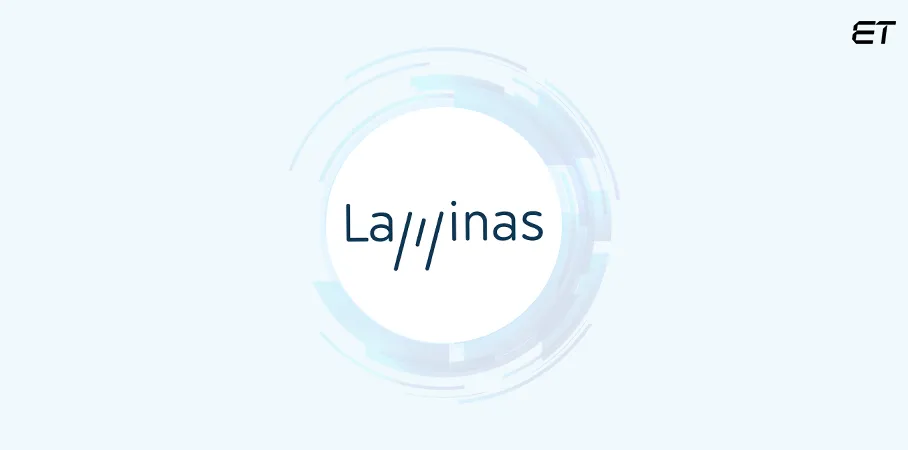
Laminas, previously known as Zend framework, is one of the PHP frameworks that is regarded for its flexibility and advanced features for enterprise-level applications. It adheres to enterprise development guidelines, making it suitable for complex web applications. It is designed for complex, high-performance applications that prioritize security. Laminas’ object-oriented structure and MVC architecture support make it highly customizable and perfect for unique and tailored solutions.
What is Laminas best for?
Laminas are best for enterprise applications that demand high security and customization.
What are the key features of Laminas?
Features that Laminas provides to its users are:
- MVC framework
- Cloud compatibility
- Extensive API integrations
- Emphasis on secure development
4. Yii Framework
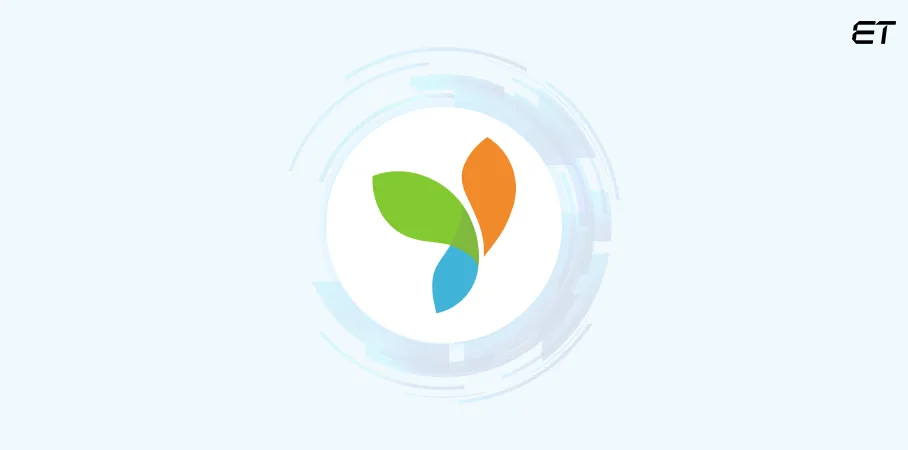
Yii is one of the high-performing PHP frameworks that’s geared toward large-scale applications. It is known for its fast response times and efficient use of resources. Yii makes it easy for your developers to deliver reliable applications. With strong support for caching and a straightforward error-handling system, it is well-suited for delivering a smooth, seamless user experience.
What is the Yii framework best for?
Yii framework is best suited for high-traffic applications that need efficient performance.
What are the key features of Yii?
Yii provides its users with features like:
- Caching capabilities
- AJAX support
- Robust error handling
5. CodeIgniter
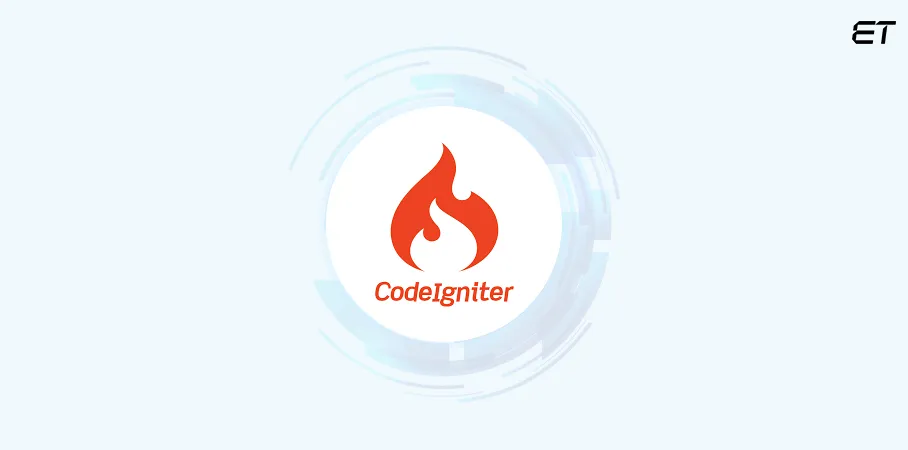
For projects that need to be up and running quickly, CodeIgniter is one of the PHP frameworks known for its speed and simplicity. With a small footprint and easy setup, CodeIgniter is perfect for developers who need to deliver quality applications with a steep learning curve. While it might not offer the same level of depth as other frameworks, its straightforward approach makes it a valuable tool for many businesses.
What is CodeIgniter best for?
CodeIgniter is best suited for rapid application development and smaller projects or MVPs.
What are the key features of CodeIgniter?
It offers features like:
- Lightweight structure
- Ease of deployment
- Minimal configuration requirements
6. Phalcon

If speed is your top priority, Phalcon is one of the fastest PHP frameworks you should choose. It is built using C++ and C programming language for maximum performance and is incredibly efficient in handling high-traffic and resource-intensive applications. Despite its unconventional structure, Phalcon is surprisingly easy to use, making it a popular choice for enterprise applications that require high performance.
What is Phalcon best for?
Phalcon is ideal for high-traffic applications where speed and resource efficiency are important.
What are the key features of Phalcon?
Phalcon provides features like:
- Low resource consumption
- High execution speed
- Unique C-based architecture
7. CakePHP
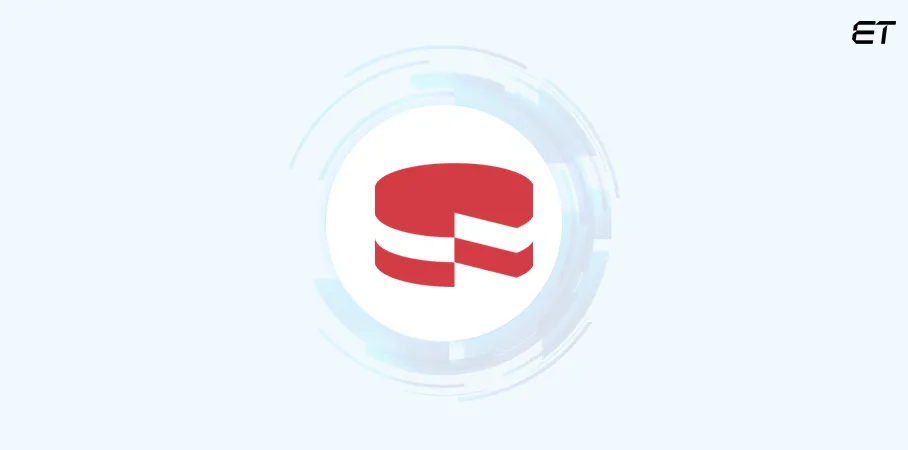
Cake PHP is one of the PHP frameworks known for its rapid development capabilities, making it a preferred choice for teams needing to launch their application quickly. It emphasizes a simple, elegant code structure, allowing your developers to build applications without sacrificing quality. It supports built-in validation and easy code generation. CakePHP is well suited for smaller to mid-sized projects that prioritize a quick turnaround.
What is CakePHP best for?
CakePHP is ideal for the fast development of prototypes and mid-sized applications.
What are the key features of CakePHP?
CakePHP offers:
- Easy code generation
- Form validation
- ORM
- MVC framework
8. Aura
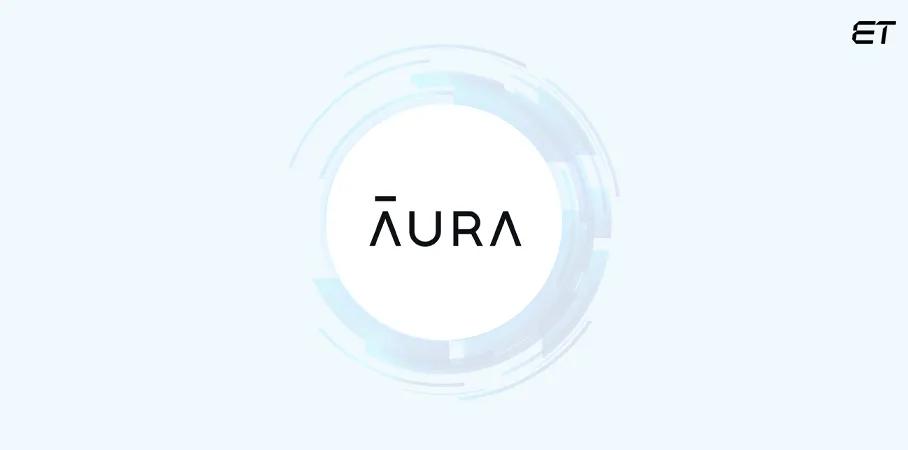
Aura is one of the unique PHP frameworks that focuses on high-quality, independent packages rather than monolithic frameworks. It allows your developers to use individual components as needed, making it highly modular and flexible. While it may not provide a full-stack experience out of the box, its component-based structure allows your developers to create custom solutions.
What is Aura best for?
Aura is best for modular applications where selective, lightweight components are needed.
What are the key features of Aura?
Key features of Aura include:
- Decoupled components
- Lightweight
- High Modularity
- Suitable for custom solutions
9. Slim
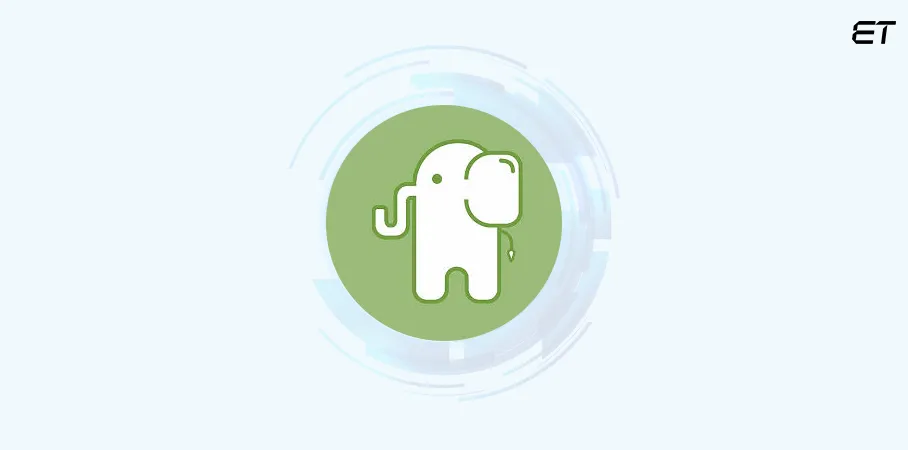
Slim is a micro-framework known for its simplicity and speed, making it a great choice for smaller applications or APIs. Though minimalistic, Slim offers just enough functionality to build robust applications quickly without the overhead of a full-stack framework. Unlike other PHP frameworks, its lightweight nature is ideal for developers looking to create RESTful APIs or microservices without the need for extensive configuration.
What is Slim framework best for?
Slim framework is best for lightweight applications, RESTful APIs, and microservices.
What are the key features of Slim?
The slim framework offers features like:
- Minimalist design
- Fast routing
- Middleware support
- Easy integration with other tools
10. FuelPHP
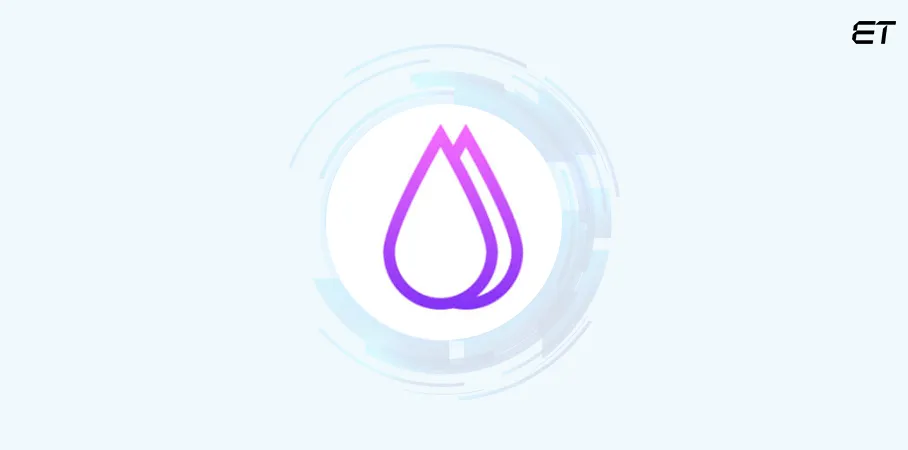
FuelPHP is among one such extendable PHP frameworks that supports MVC (Model View Controller) and HMVC (Hierarchical Model View Controller) architectures, offering additional flexibility for complex applications. It is known for its security features and flexibility and is a solid choice for projects where security and performance are your top priority equally.
What is FuelPHP best for?
FuelPHP is ideal for complex applications that require enhanced security and flexible structure.
What are the key features of FuelPHP?
FuelPHP offers features like:
- MVC and HMVC support
- Powerful security features
- RESTful API support
- Lightweight ORM
11. Neos Flow

Originally part of the Typo3 CMS ecosystem, Neos Flow has evolved into a standalone PHP framework. It is known for its scalability and flexibility and is particularly suited to enterprise projects that require powerful CMS features and integration. It’s one of the complex PHP frameworks but is highly valuable if you need a high level of customization for your application.
What is Neos Flow Best for?
Neos Flow is perfect for enterprise applications needing robust CMS features and high customization.
What are the key features of Neos Flow?
Neos Flow provides features like:
- Excellent CMS capabilities
- Support for Domain-Driven Design (DDD)
- Flexible customization options
12. PHPixie
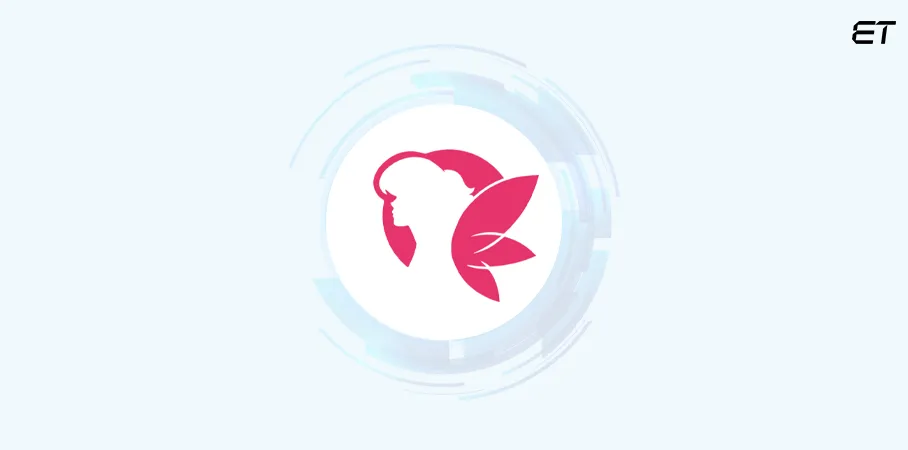
PHPixie is a relatively new PHP framework that emphasizes simplicity and high performance. It is built with modularity in mind and is lightweight, which makes it great for small-to-medium-sized projects that don’t require heavy customization. PHPixie’s straightforward setup and MVC architecture make it an ideal choice for web developers focused on delivering results quickly.
What is PHPixie best for?
PHPixie is great for smaller projects and applications that need a fast, efficient solution.
What are the key features of PHPixie?
Characteristics of PHPixie include:
- Modular design
- MVC architecture
- Easy setup
- Good performance
Looking for seamless, scalable solutions that PHP offers? Discover how our developers can assist you!
Best PHP Frameworks for Specific Use Cases
Different PHP frameworks are suited for different use cases, depending on the specific requirements of the project. Here are some of the best ones for specific use cases:
PHP Frameworks for E-commerce Applications
For e-commerce applications, a framework that provides robust security features, scalability, and ease of use is essential. Some of the best PHP frameworks for e-commerce applications include:
- Magento: A popular e-commerce platform that offers a comprehensive set of features and tools for building online stores. Magento is known for its scalability and extensive customization options, making it a top choice for large e-commerce projects.
- OpenCart: A lightweight and flexible e-commerce platform that provides a user-friendly interface and a wide range of extensions. OpenCart is ideal for small to medium-sized online stores looking for a straightforward PHP framework.
- PrestaShop: A comprehensive e-commerce platform that offers a wide range of features and tools for building online stores. PrestaShop is known for its ease of use and extensive community support, making it a suitable PHP framework for businesses of all sizes.
PHP Frameworks for Real-time Applications
For real-time applications, a framework that provides fast and efficient data processing, low latency, and high scalability is essential. Some of the best PHP frameworks for real-time applications include:
- Laravel: A popular PHP framework that offers a robust set of features and tools for building real-time applications. Laravel supports WebSockets and WebRTC, making it an excellent choice for applications that require real-time communication and data updates.
- Symfony: A comprehensive PHP framework that provides a wide range of features and tools for building real-time applications. Symfony supports WebSockets and WebRTC, offering the flexibility and scalability needed for complex real-time projects.
- CodeIgniter: A lightweight and flexible PHP framework that provides a user-friendly interface and a wide range of extensions for building real-time applications. CodeIgniter’s simplicity and speed make it a suitable framework for developers looking to create efficient real-time solutions.
By understanding the strengths and features of each PHP framework, you can choose the most suitable framework for your specific project needs, ensuring a successful and efficient development process.
How to Choose the Right PHP Framework for Your Business?
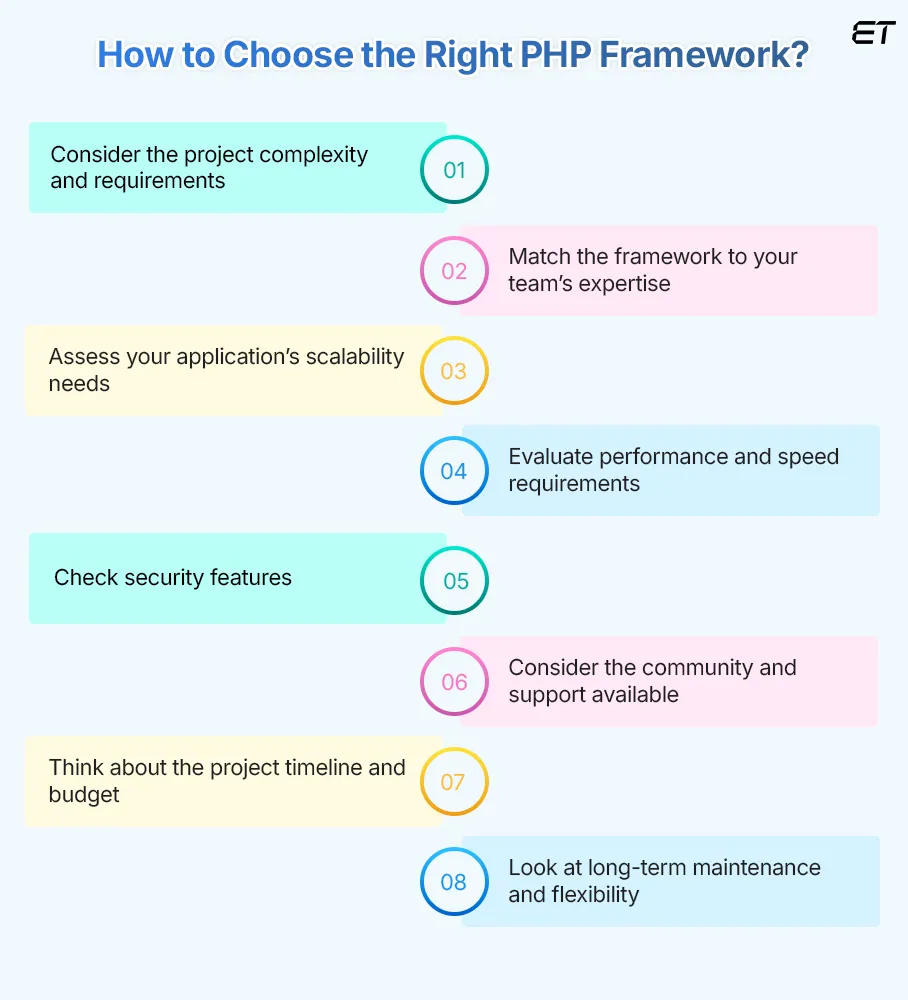
When choosing the right PHP framework, each project has its own unique requirements. It doesn’t work on one-size-fits-all theory. It depends on several factors, from the scale of your application to your team’s expertise. With so many of them out there, knowing what to prioritize can help streamline your development.
Below is a breakdown of the considerations to keep in mind when choosing a PHP web development framework.
#1 Consider the project complexity and requirements
You’ll want a PHP framework that offers advanced features and flexibility for complex projects with high demands. Frameworks like Laravel and Symfony are excellent for handling complex requirements and offer feature rich frameworks and tools to manage large-scale applications. If your project is simpler or on a smaller scale, lighter frameworks like CodeIgniter or Slim might be more suitable, allowing you to get things done quickly without unnecessary overhead.
#2 Match the framework to your team’s expertise
Your team’s familiarity with a particular PHP web app framework can significantly impact productivity. For instance, if your developers are comfortable with Laravel, choosing it could shorten development time since they’re already well-versed in its features and best practices. However, you may need to consider training or support resources if the project demands a different framework due to specific features (like Symfony’s component-based architecture).
#3 Assess your application’s scalability needs
Scalability is a must if you’re building an application with growth in mind. Choosing a PHP framework like Symfony or Laminas that can easily handle increasing data and traffic will save you the hassle of rebuilding or migrating in the future. These frameworks are built to scale, providing the robustness needed for expanding projects, especially those in enterprise settings. A lightweight PHP framework like CakePHP might be all you need for smaller applications.
#4 Evaluate performance and speed requirements
Not all frameworks perform the same under heavy loads. For projects where speed is critical, such as high-traffic websites or real-time applications, Phalcon is the most suitable PHP framework due to its C-based architecture, which offers fast execution times. Alternatively, if your application prioritizes other factors over speed, frameworks like Laravel and Symfony provide balanced performance with a range of additional features for your web apps.
Why settle for ordinary when you can elevate your web projects with our professional’s expertise?
#5 Check security features
Security is a top priority for any business application. Laravel, Symfony, and Zend framework are known for their strong built-in security features, protecting against common threats like SQL injection prevention and cross-site scripting. If security is central to your application—for e-commerce or finance projects—opt for a PHP web development framework that provides extensive security tools and protocols.
#6 Consider the community and support available
A strong community and documentation are invaluable when working with any PHP framework. Laravel and Symfony have active communities and rich PHP libraries, making finding solutions, plugins, and additional resources easier. This support is instrumental if your team encounters issues or if you’re exploring a new framework. A large, active community also indicates that the framework will continue to be updated and supported.
#7 Think about the project timeline and budget
If time is a constraint, look for frameworks that prioritize rapid development. Frameworks like CodeIgniter and CakePHP allow for faster prototyping, which can be crucial if you’re working on a tight deadline. If you’re operating on a limited budget, these frameworks can also reduce costs, as they’re simpler to learn and require less setup time, making them cost-effective options for smaller web apps.
#8 Look at long-term maintenance and flexibility
Long-term maintenance is often overlooked when excited about starting a new project. Choosing a flexible PHP web app framework that is easy to maintain and update can save time and costs down the road. Frameworks like Laravel and Symfony are known for their structured and modular code, which makes updates smoother and minimizes maintenance headaches. Opting for a framework with long-term stability and community support ensures your application can grow and adapt to your business.
Wrapping Up!
As we wrap up, the main takeaway from this blog is simple: picking the right PHP framework can make all the difference in building a web application that’s secure, scalable, and perfectly suited to your business needs. By considering things like:
- Complexity of your project
- Your team’s expertise
- Your goals for growth
You should choose a framework that speeds up development and keeps your application’s maintenance manageable in the long run. The right choice sets you up for success and keeps your project aligned with your business strategy even in the future. With options tailored to every need, do you also want the right framework for your application that empowers your team to build with confidence? If yes, connect with our experts now to map your application’s journey to success.
Frequently Asked Questions
1. Which is the most popular PHP framework?
Laravel is widely regarded as the most popular PHP frameworks, celebrated for its elegant syntax, comprehensive ecosystem, and strong community support.
2. Which PHP framework is the best?
Laravel continues to be a top choice and the best PHP frameworks for developers due to its robust features and scalability. However, the “best” PHP framework depends on your project’s specific requirements and your development team’s expertise.
3. Which PHP framework is the fastest?
Phalcon is recognized as one of the fastest PHP frameworks, thanks to its unique architecture as a C-extension, which allows for high performance and low resource consumption.
4. Is Laravel better than Symfony?
Laravel is often favored over Symfony for its simplicity, rich ecosystem, and faster development, making it ideal if you are a startup or mid-sized company. Symfony, on the other hand, is more flexible and better suited if you are a large-scale enterprise.
5. What are the best PHP frameworks available?
Some of the best PHP frameworks today include:
- Laravel
- Symfony
- CodeIgniter
- Yii
- Phalcon
Each has unique strengths and is used for a different purpose. Make the right choice according to your needs.
5. What is the most popular PHP software?
WordPress is the most popular PHP software, powering over 40% of websites globally (estimated). It’s built on PHP and offers unmatched flexibility through its themes and plugins. It’s a top choice for your blog page, business sites, and even eCommerce platforms.
6. Is CodeIgniter still relevant in 2026?
Yes, CodeIgniter is relevant in 2026. If you are seeking a lightweight and easy-to-learn PHP framework. While it may lack some modern features compared to Laravel and other frameworks, its simplicity makes it a solid choice for your smaller apps and rapid prototyping.




